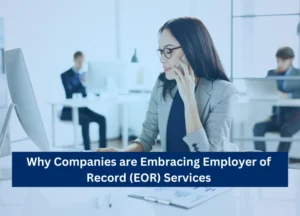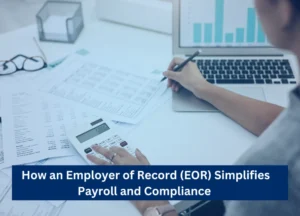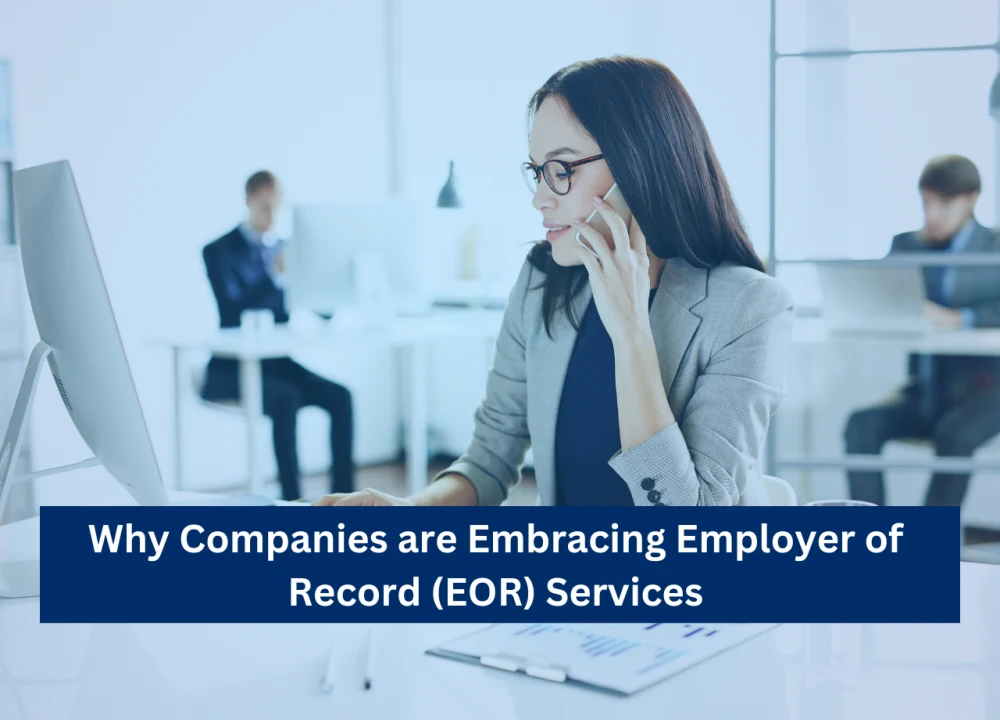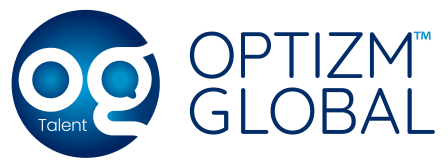Companies must attract and keep the best talent in today’s fast-paced job market. While competitive salaries and benefits are undoubtedly essential, job satisfaction is the glue that holds employees happy and productive.
Knowing the secrets to job satisfaction can help companies create a healthy work culture, boost employee motivation, and keep the workforce engaged.
In this article, we’ll dive into the nitty-gritty of job satisfaction, explore the different factors that drive employee motivation, and discuss some foolproof ways to enhance engagement in the workplace.
Understanding Job Satisfaction
Job satisfaction is about how much people like their work. Many things can influence this, such as the type of work they do, their relationships with colleagues and bosses, opportunities for growth and development, work-life balance, and the organization’s culture.
What makes people satisfied with their jobs differs for each person and can depend on their personal preferences, values, and goals.
We will try to understand it better in the subsequent sections.
The Components of Job Satisfaction
- Intrinsic Motivation: Employees find work satisfaction that provides a sense of accomplishment, mastery, and autonomy. Tasks that are challenging and meaningful and allow for creativity contribute to intrinsic motivation.
- Extrinsic Rewards: Extrinsic rewards, such as competitive compensation, benefits, and recognition, are crucial in job satisfaction alongside intrinsic motivation. Fair and equitable compensation signals appreciation and value for employees’ contributions.
- Social Factors: Positive relationships with colleagues and supervisors can greatly impact job satisfaction. An environment that supports open communication, mutual respect, and collaboration fosters a sense of belonging and camaraderie among employees.
- Career Development Opportunities: Employees value opportunities for growth, learning, and advancement within the organization. Clear career paths, training programs, and mentorship opportunities demonstrate the organization’s commitment to employee development and contribute to job satisfaction.
- Work-Life Balance: Striking a balance between work responsibilities and personal life is essential for employee well-being and satisfaction. Flexible work arrangements, telecommuting options, and supportive policies that accommodate employees’ personal needs contribute to a positive work-life balance.
Factors Influencing Employee Motivation
- Recognition and Appreciation: Acknowledging employees’ contributions and achievements boosts morale and motivation. Regular feedback, praise, and recognition for a job well done foster a culture of appreciation and motivate employees to excel.
- Clear Goals and Expectations: Setting clear performance expectations and goals gives employees direction and purpose. When employees understand what is expected of them and how their work contributes to organizational objectives, they are more motivated to perform at their best.
- Opportunities for Advancement: Employees are motivated by career advancement and professional growth opportunities. Providing opportunities for skill development, training, and advancement within the organization demonstrates a commitment to employees’ long-term success.
- Autonomy and Empowerment: Empowering employees to make decisions, take ownership of their work, and exercise autonomy fosters a sense of trust and accountability. Employees who feel empowered are more motivated to innovate, problem-solve, and contribute positively to the organization.
- Work Environment and Culture: A positive work environment characterized by trust, transparency, and inclusivity enhances employee motivation and engagement. Cultivating a culture of collaboration, respect, and diversity fosters employees’ sense of belonging and commitment.
Strategies for Enhancing Engagement
- Employee Feedback and Communication: Open and transparent communication channels can help employees voice their concerns, provide feedback, and contribute to decision-making. Regular check-ins, surveys, and focus groups can demonstrate that employee input is valued and improve morale and productivity.
- Recognition and Rewards Programs: Implementing employee recognition programs celebrating achievements and milestones reinforces a culture of appreciation and motivation. Non-monetary rewards, such as public recognition, certificates, and personalized thank-you notes, can effectively boost employee morale.
- Professional Development Opportunities: Investing in employee development through training programs, workshops, and tuition reimbursement initiatives demonstrates a commitment to employees’ growth and advancement. Providing opportunities for skill enhancement and career progression fosters loyalty and engagement.
- Promoting Work-Life Balance: Offering flexible work arrangements, wellness programs, and employee assistance programs supports employees’ well-being and enhances work-life balance. Recognizing the importance of personal time and promoting healthy work-life integration contributes to employee satisfaction and retention.
- Creating a Positive Work Culture: Cultivating a positive work culture based on trust, respect, and collaboration is crucial for keeping employees engaged. Leaders and managers must model desired behaviors, promote inclusivity, and foster a sense of belonging among team members.
In conclusion
Understanding what motivates employees and makes them happy is crucial to creating a productive work environment. Organizations can attract, retain, and empower their employees to achieve their full potential by addressing factors contributing to job satisfaction and implementing engagement strategies. This benefits individual employees and helps the organization succeed and maintain its success over time.












